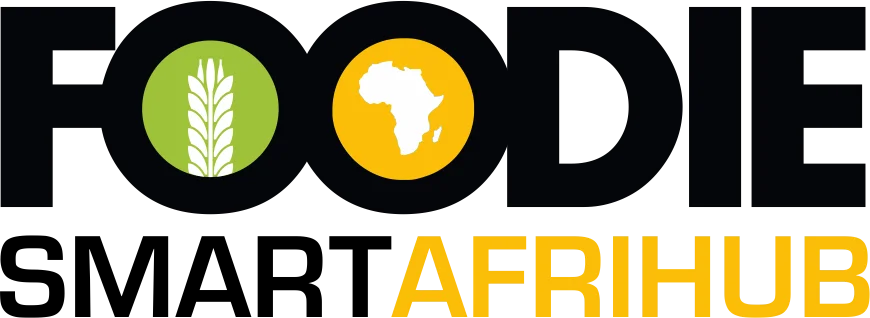Interoperability in Agriculture

Content
The key to connected agriculture
Interoperability is a key concept that often appears in the context of modern agriculture and digital technologies. In the most basic sense, it refers to the ability of different systems, applications or components to work together and communicate with each other. This ability is a fundamental prerequisite for building complex and integrated systems, and as the old myth of the Tower of Babel reminds us, without the ability to communicate and collaborate, the entire project can fail.
Data interoperability enables the combination of different data sets and is key to the development of innovative products and services. Standardization and standards are the building blocks of interoperability. These standards describe how data should be defined, how it should be exchanged, and how it enables digital communication between different devices and systems.
It is important to realize the benefits of interoperability, such as reducing costs, promoting competition and promoting innovation. On the other hand, there is also a challenge because there can be many different standards and their implementation in practice can be complex.
